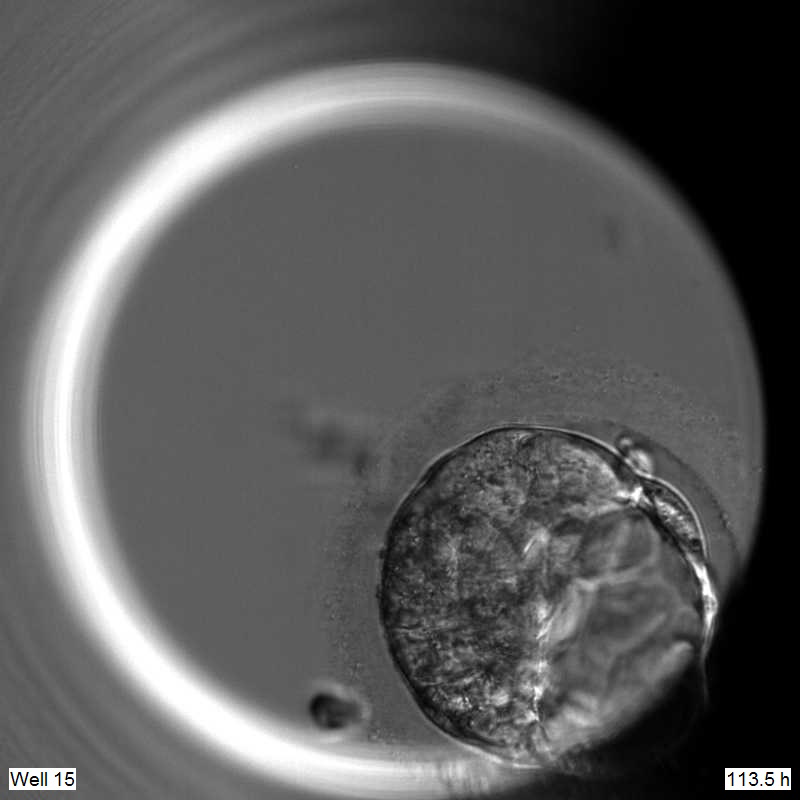In a first, an international team of scientists has altered the genetic make-up of human embryos to study a particular gene. They’re publishing a paper on their work today.
This isn’t the very first time a science team has announced it has edited human embryos. That occurred in 2015, when a Chinese team published a paper about editing embryos so that they wouldn’t carry the gene for a rare blood disorder. Since then, there have been a handful of other attempts, including one announced in August that vastly improved on previous efforts’ accuracy, as Nature News reported. (Previously, teams would inject many embryos with their gene-editing material, but lots of embryos would die, and some wouldn’t actually incorporate the edit.) This latest experiment holds the distinction of being the first time scientists have used this new gene-editing technique—called CRISPR—to excise a single gene from human embryos, to see how that would affect the embryos’ development. Stopping single genes from working has long been a standard way for scientists to study what genes do. But, traditionally, researchers conducted these studies in the embryos of animals like fruit flies or mice, whose genes on are, on average, 60 to 85 percent alike to those of humans.

(Image: Courtesy Crick Press Office?)
The research team on the new paper injected fertilized eggs—donated by parents who had created extras during in-vitro fertilization treatment—with their gene-editing material. The material took out a gene in the embryos that makes a protein called OCT4. From previous work, scientists had surmised OCT4 was crucial to mice’s embryonic development, but they hadn’t seen it at work in human embryos before. So they watched to see how the injected eggs developed, stopping the embryos’ development at about seven days—just before when an embryo would normally implant itself into the uterus. The researchers found OCT4 is vital to humans. Without it, at around seven days, the embryos collapsed.
Knowing this about OCT4 could help hopeful parents in the future, said Kathy Niakan, the study’s lead scientist and a biologist at the Francis Crick Institute in London. “If we knew the key genes that embryos need to develop successfully, we could improve IVF treatments and understand some causes of pregnancy failure,” Niakan said in a statement. “It may take many years to achieve such an understanding, our study is just the first step.”
As studies like Niakan’s have progressed, ethics and legal bodies in the United States have tried to anticipate the big questions to come. Right now, the federal government is barred from funding research on human embryos. It’s also illegal to study in clinical trials any gene editing that would alter people in such a way that they would pass the changes onto their children. So altering embryos for therapeutic purposes, rather than research purposes, is currently illegal. Earlier this year, the influential National Academies of Sciences, Engineering, and Medicine came out with its recommendations on the issue. It supported basic research like Niakan’s and suggested strict rules for other cases, including a ban—for now—on edits aimed at enhancing people, rather than at treating disabilities and diseases.




